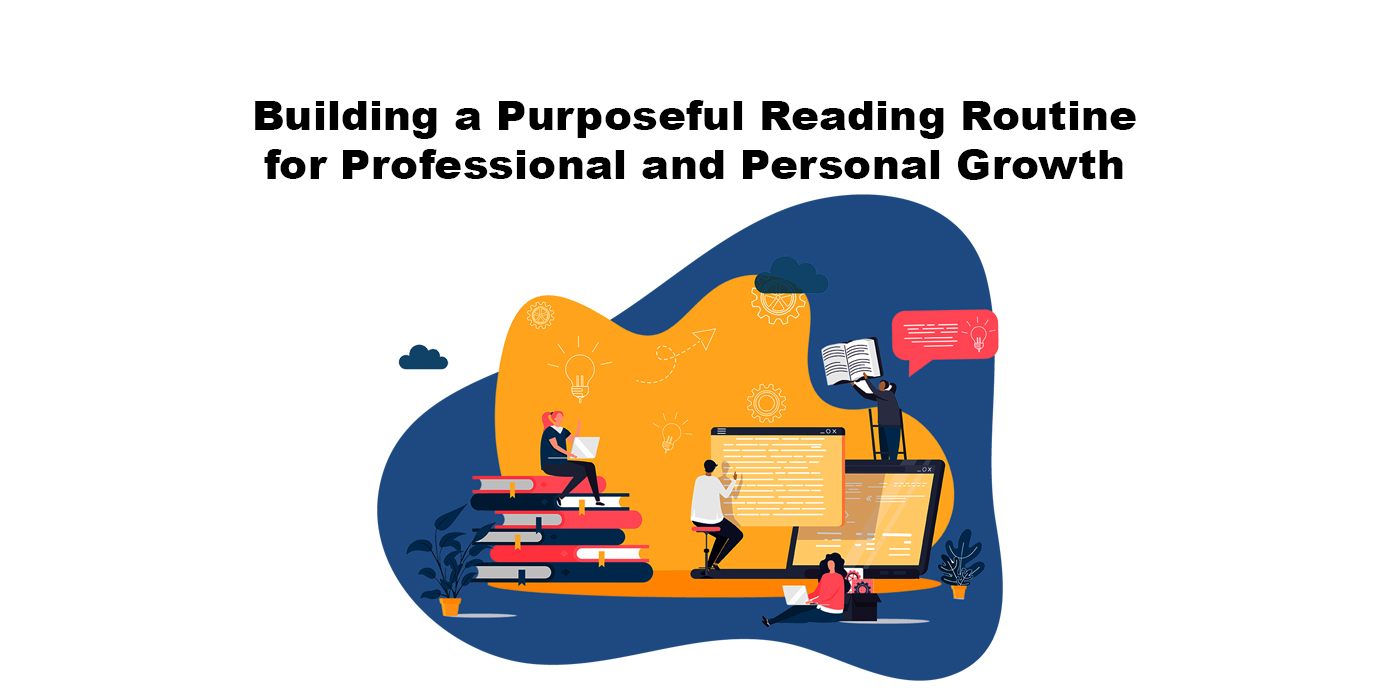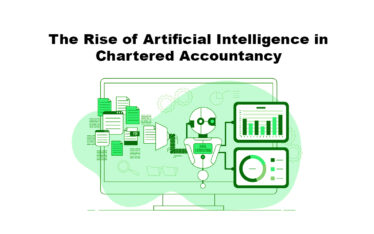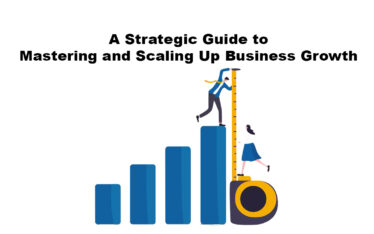In a world filled with constant distractions and information overload, developing a meaningful reading habit is more crucial than ever. Reading goes beyond mere entertainment and can be categorized into four major types: Reading for Professional use, Reading for Personal enjoyment and relaxation, Reading for General awareness and Reading that adds no value, often deemed a waste of time.
Four Major Types of Reading:
- For Professional Use: Reading for professional purposes involves staying updated on industry trends, acquiring new skills, and gaining insights that can enhance one’s career. This type of reading includes industry journals, research papers, and relevant literature that directly contribute to professional growth.
- For Personal Likings and Relaxation: This type of reading is driven by personal interests and passions. It could be novels, poetry, or any genre that brings joy and relaxation. Engaging in such reading not only provides a mental escape but also nurtures creativity and emotional well-being.
- For General Awareness: Reading for general awareness aims to stay informed about current events, societal norms, and public regulations. It involves reading newspapers, magazines, online news articles, and official publications. Focuses on understanding current affairs, cultural trends, and public policies. It helps individuals navigate societal expectations and adhere to norms and regulations.
- Useless, Waste of Time: Unfortunately, not all reading is productive. Mindlessly scrolling through irrelevant content or consuming information that adds no value can be considered a waste of time. This includes excessive social media scrolling or reading content that neither entertains nor educates.
Benefits of Reading:
Listed below is a myriad of benefits that extend beyond mere knowledge acquisition:
- Mental Stimulation: Engaging with written material stimulates the brain, enhancing cognitive functions such as critical thinking, problem-solving, and analytical skills.
- Vocabulary Expansion: Regular reading exposes individuals to a diverse range of words and phrases, contributing to the expansion of their vocabulary.
- Improved Focus and Concentration: Reading requires sustained attention, helping individuals develop and improve their focus and concentration skills.
- Stress Reduction: Immersing oneself in a good book can be a form of escapism, providing a break from the stresses of daily life and promoting relaxation.
- Enhanced Imagination and Creativity: Fictional literature, in particular, allows readers to explore new worlds, characters, and ideas, fostering creativity and imagination.
- Empathy Development: Reading about characters with diverse experiences helps individuals understand different perspectives and develop empathy.
- Increased Cultural Awareness: Reading literature from different cultures exposes individuals to diverse perspectives, traditions, and societal norms, promoting cultural awareness and understanding.
- Personal Growth: Reading self-help and motivational literature contributes to personal development by offering insights, advice, and strategies for self-improvement.
- Lifelong Learning: Reading encourages a habit of continuous learning, supporting intellectual curiosity and the pursuit of knowledge throughout one’s life.
- Social Connection: Shared reading experiences, such as book clubs or discussions, can create connections and foster social interaction among individuals.
- Better Sleep: Engaging in a calming reading routine before bedtime has been associated with improved sleep quality, as it helps relax the mind and transition into a restful state.
- Enhanced Analytical Skills: Analyzing and interpreting written material hones analytical thinking skills, which are valuable in various aspects of life.
Mastering the Art of Effective Reading:
- Read to Understand: Understanding the material is key. Take the time to comprehend the context, arguments, and implications of what you’re reading. This is crucial for both professional and personal development.
- Apply Knowledge: The true power of reading lies in its application. Whether it’s implementing new strategies at work or incorporating life lessons into personal growth, actively applying the knowledge gained enhances its value.
- Consequences of Not Reading Properly: Reading without understanding can lead to incorrect actions, resulting in increased time and cost. Misinterpretation of information can have adverse effects on decision-making, hindering progress both professionally and personally.
Streamlining Your Reading:
It’s important to discern between valuable content and time-wasting material. Limiting the consumption of irrelevant social media posts and sensationalist news can help maintain a positive mindset and prevent unnecessary negativity.
To wrap-up, cultivating a good reading habit is instrumental in achieving success in both professional and personal growth. By understanding the different types of reading, reaping the benefits, and adopting effective reading practices, individuals can harness the transformative power of the written word. Remember, what you read shapes your thoughts, and your thoughts shape your actions. A mantra to guide you towards the path of continuous improvement and success – Read with Purpose, Absorb with Curiosity, and Expand with Knowledge.





